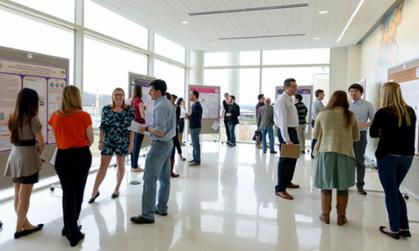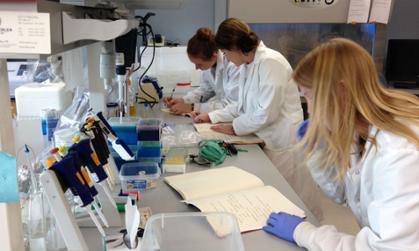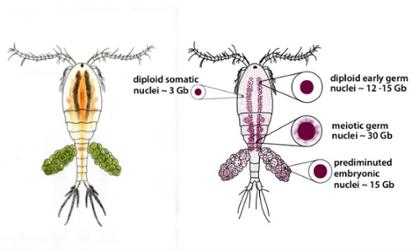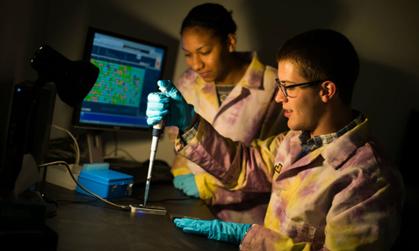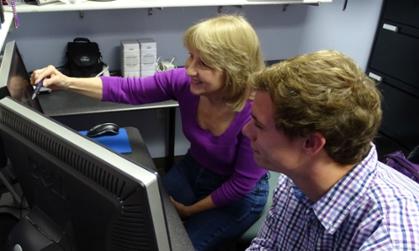Announcements
Watch this space for an announcement on our summer workshop in genomics and bioinformatics.
Follow @JMU_CGEMSGenomics in the News
Tackling Taxonomy Through Transcriptomics
In a significant advance for single-cell analysis, researchers have characterized and classified more than 1600 cells in the cortex of the brain by analyzing the transcriptomes of each single cell.
Scientists bust myth that our bodies have more bacteria than human cells
Water bears’ latest superpower: Proteins that protect them from radiation
Tardigrades might be tiny, but they're mighty mysterious. Also known as water bears (or my personal favorite, moss piglets), the eight-legged micro-beasties can survive basically anything, including years of dehydration, massive doses of radiation and the vacuum of space.
How do they do it? On Tuesday, researchers published the most comprehensive genome sequence of a tardigrade species to date in the journal Nature Communications. The DNA of these tiny critters revealed a unique protein capable of protecting cells — even human ones — from radiation.
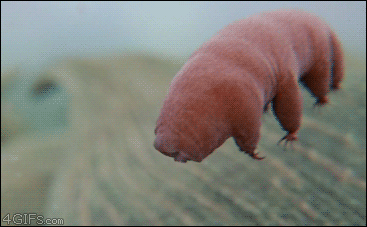
An Explosion of Bioinformatics Careers (Science)
"Big data is everywhere, and its influence and practical omnipresence across multiple industries will just continue to grow. For life scientists with expertise and an interest in bioinformatics, computer science, statistics, and related skill sets, the job outlook couldn’t be rosier."
The Death Microbiome: Invasion of the Body Snatchers
Our bodies contain trillions of symbiotic microorganisms that aid us in everyday life, from digestive functions to immune system benefits. So what happens to them when we die? As it turns out, they turn on us.
Genome Sequencing to Explore History
"According to a new study, researchers at the University of Oxford have used DNA evidence to historically reconstruct and date the migrations of different human populations that helped genetically reshape Europe since 1000 BC. According to the findings, their method for systematically characterizing and dating ancestral genomes could help historians establish more accurate historical timelines for world events and cultural shifts hallmarked by the coming together of separate populations."
Maturation of the Infant Microbiome
"Like babies themselves, the intestinal microbiomes of infants start out in an immature state and over time grow into communities similar to those of adults. In a new survey of 98 Swedish babies whose microbiota were sampled several times during their first year of life, researchers found that the microbiomes of breastfed infants persisted in a “younger” state longer than those of non-breastfed babies, even after the introduction of solid foods."


